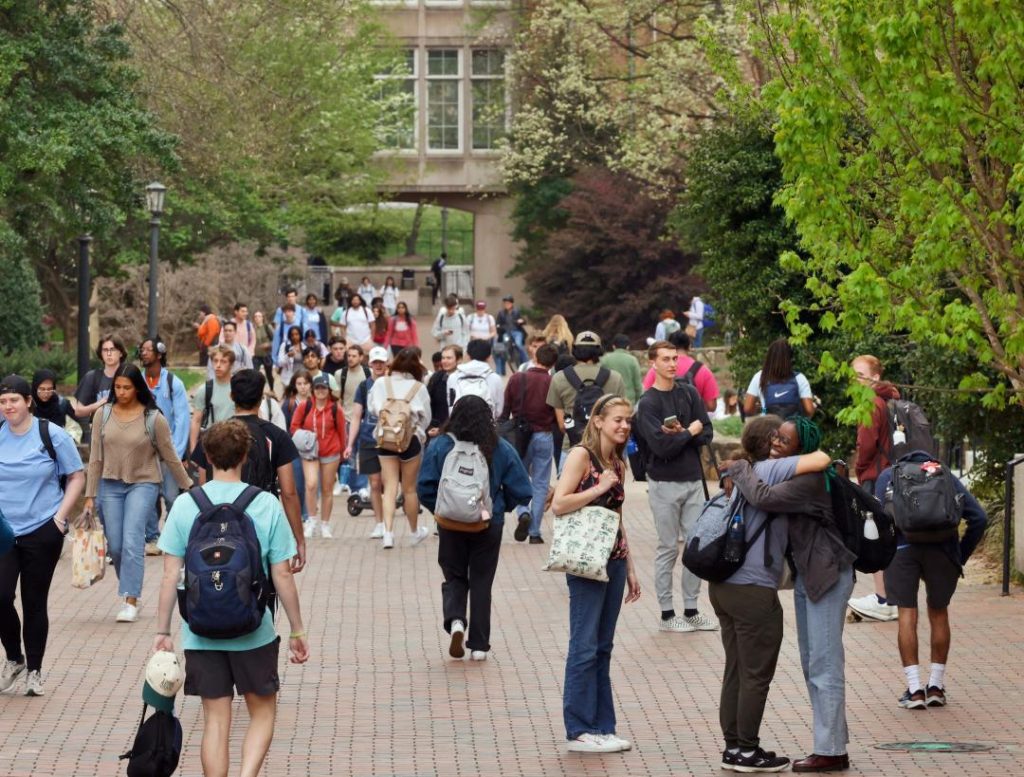
Trump Administration Reveals Plans on How Long Foreign Students Can Study in the US
The United States has long been a popular destination for international students looking to pursue higher education. With its top-ranked universities, diverse cultural experiences, and competitive job market, it’s no wonder why foreign students are drawn to the US. However, the Trump administration has recently proposed new rules that aim to restrict the duration of visas for international students.
As reported by the Department of Homeland Security (DHS) on August 27, 2025, the Trump administration has proposed a new rule that would limit the stay of foreign students to the duration of their programme, not exceeding a 4-year period. This significant change comes as a result of the administration’s efforts to address what they perceive as “visa abuse” among international students.
Since 1978, foreign students have been allowed to stay in the US as long as they were enrolled as full-time students. This has led to concerns among lawmakers and immigration officials that some students are taking advantage of this flexibility to stay in the US for extended periods, potentially taking jobs away from American citizens.
The proposed rule change aims to address these concerns by imposing strict guidelines on the duration of stay for foreign students. According to the DHS, the new rule would apply to students participating in academic and vocational programmes, as well as those in language training and exchange programmes.
Under the proposed rule, foreign students would be allowed to stay in the US for the duration of their programme, which would be defined as the length of time it takes to complete their degree or training. For example, a foreign student pursuing a bachelor’s degree would be allowed to stay in the US for four years, while a student pursuing a master’s degree would be allowed to stay for two to three years, depending on the programme length.
While the proposed rule change may seem straightforward, it has sparked concerns among some stakeholders. Some argue that the rule change could lead to unintended consequences, such as limiting the ability of foreign students to take internships or participate in research programmes that extend beyond the duration of their programme.
Others have raised concerns about the potential impact on international students who may need more time to complete their studies due to circumstances beyond their control. For example, a foreign student who is pursuing a degree in a field that requires extensive research or project-based work may need more time to complete their programme.
Despite these concerns, the Trump administration has emphasized the need for stricter guidelines to prevent visa abuse. In a statement, the DHS said, “The proposed rule aims to prevent foreign students from staying in the US for extended periods without a legitimate reason, and to ensure that American students and workers are not disadvantaged by foreign students taking jobs or staying in the country without a valid purpose.”
The proposed rule change is still in the public comment period, and it remains to be seen how it will be received by stakeholders and lawmakers. While some may view the rule change as a necessary measure to address visa abuse, others may see it as an overreach by the administration.
As the debate continues, it’s clear that the proposed rule change has significant implications for international students, universities, and the broader US education system. Whether or not the rule change is ultimately implemented, it’s essential to consider the potential consequences and ensure that any changes are fair and reasonable for all parties involved.



